Steam Distillation Extraction Method
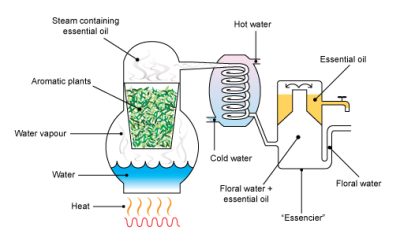
Steam distillation is the process of separating organic compounds or volatile organic compounds (VOCs) from water or water-based process fluids. It is a continuous distillation process particularly useful for removing temperature-sensitive solutes such as natural aromatic compounds.
Steam distillation is a separation technique that harnesses the low boiling point property of immiscible mixtures. It is predominately used to separate temperature-sensitive organic molecules from a non-volatile contaminant. The organic molecule must be immiscible in water.
Natural Ginger Oil Extracted by Steam Distillation
Ginger oil is extracted from the ginger rhizome after a distillation process. Like other essential oils, it’s very concentrated. Ginger Oil (Zingiber officinale) is a pure, natural essential oil and is used as a flavoring as well as in aromatherapy for its spicy, warming scent and flavor.
With a peppery scent and an underlying sweetness, ginger oil stimulates the senses and puts us in the mood for a sweet treat. Applied to the skin or infused in a warm bath, it is astringent, warming and relaxing.
Ginger root is the edible part of the ginger plant, which thrives in India, Africa and Indonesia. Like turmeric, cardamom and galanga, it belongs to the Zingiberaceae family and is a distant relative of the banana. Although the ginger plant grows up to a metre tall, it’s the root that is used in food, medicine and cosmetics.
The ginger root is a rhizome, which means that it grows horizontally under. These are harvested and used fresh to obtain their essential oil or an absolute, or dried and ground into a powder, which has a stronger flavour than the fresh root.
Ginger contains the substance zingiberene, which is antibacterial and anti-inflammatory. For this reason, it has been used for centuries to treat all sorts of aches. It stimulates the circulation, relaxes tense muscles and alleviates the symptoms of colds, coughs and flu.
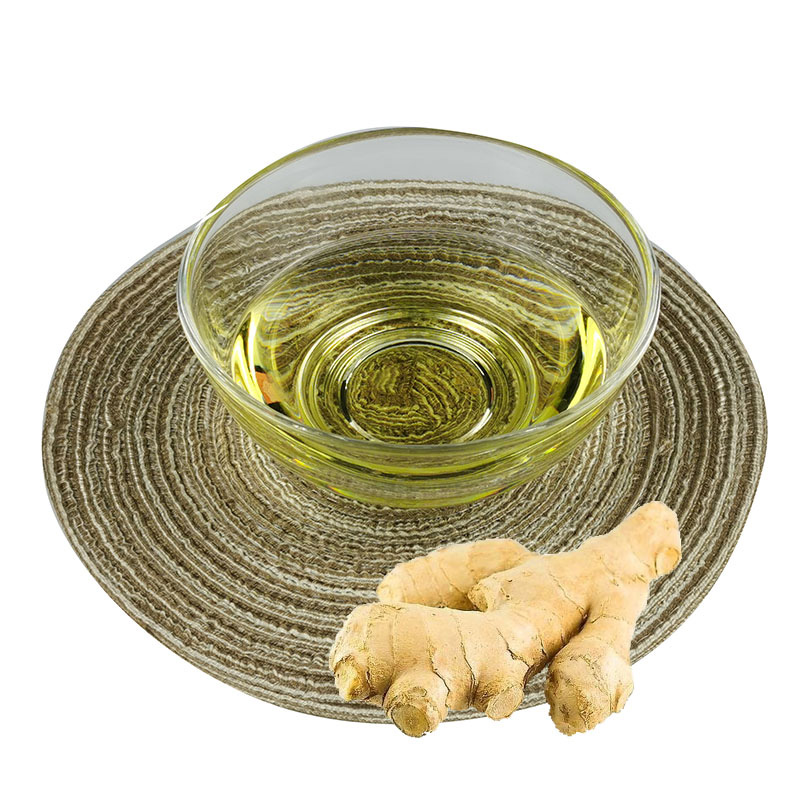
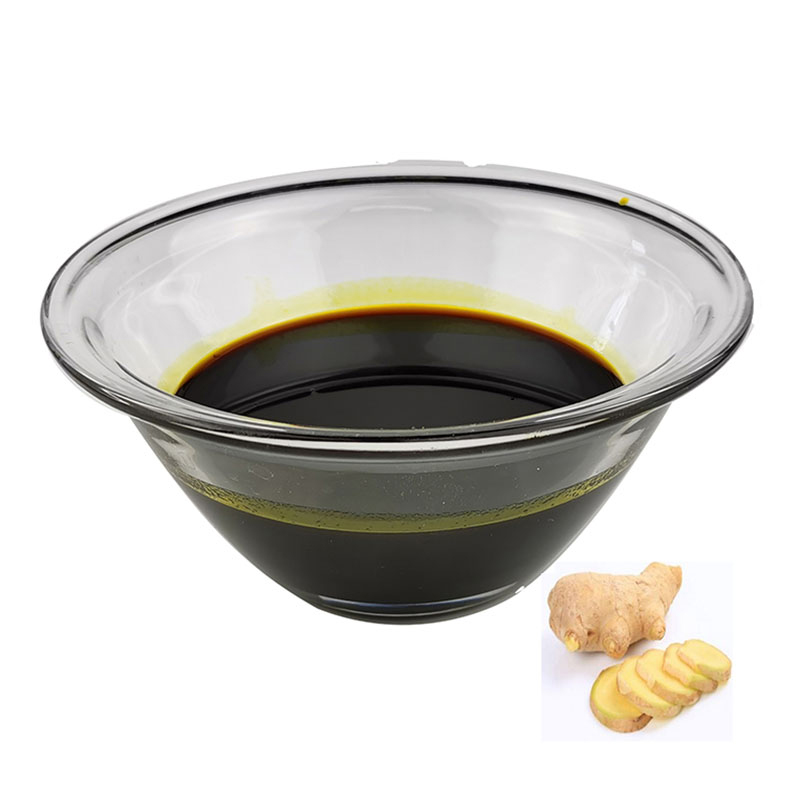
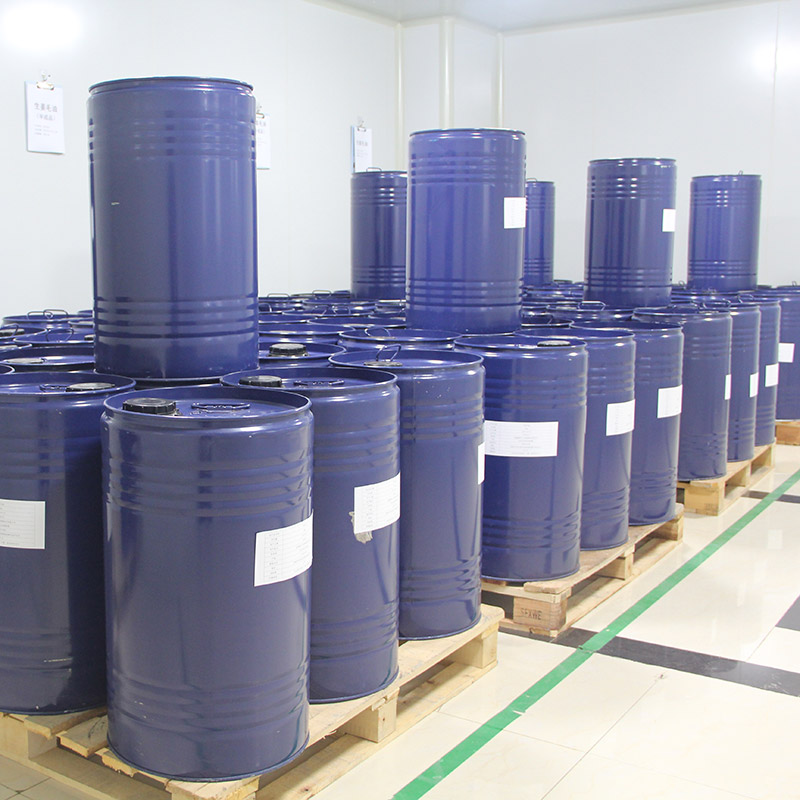
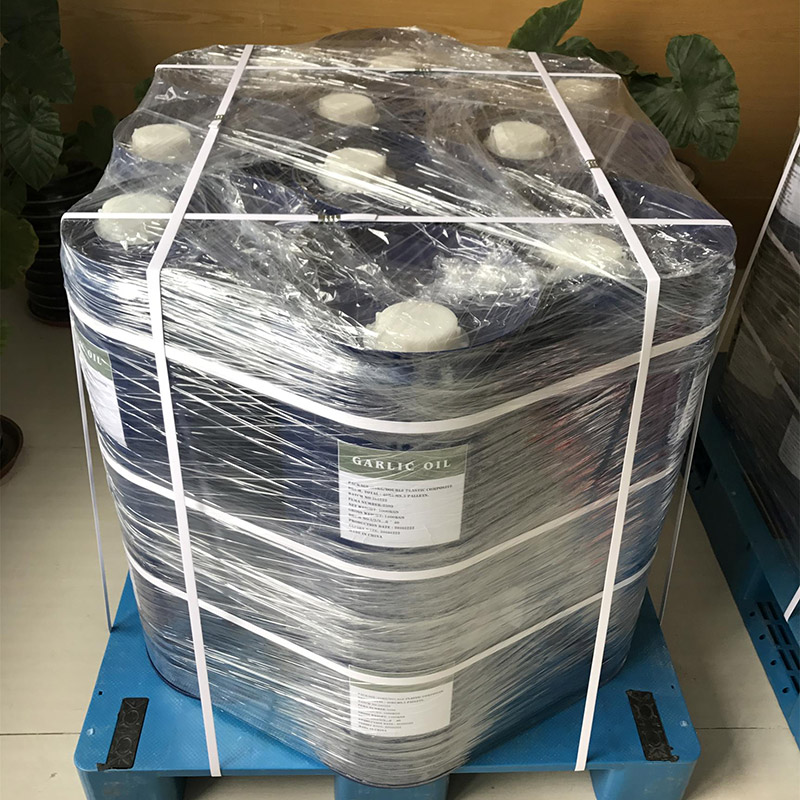
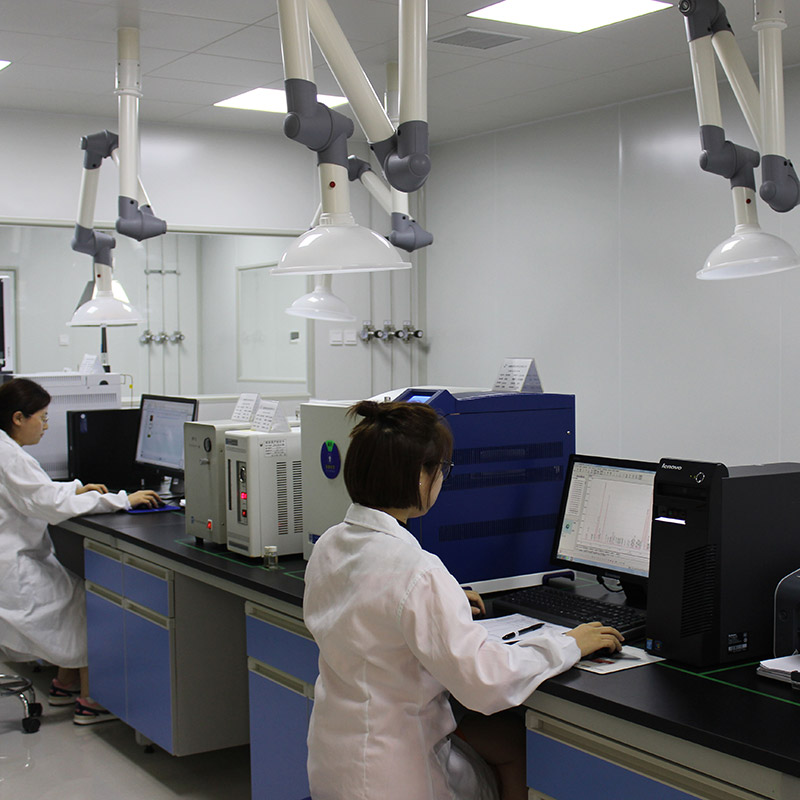





Reviews
There are no reviews yet.